The practice of violence, like all action, changes the world, but the most probable change is to a more violent world
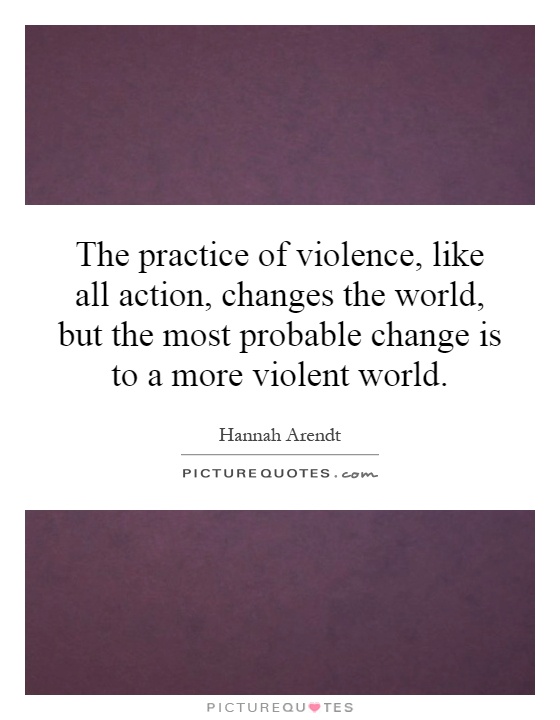
The practice of violence, like all action, changes the world, but the most probable change is to a more violent world
Hannah Arendt, a prominent political theorist and philosopher, explored the concept of violence in her work, particularly in relation to power and authority. In her book "On Violence," Arendt argues that violence is a means of domination and control, often used by those in power to maintain their authority over others. She also suggests that the practice of violence can have a profound impact on society, leading to a cycle of escalating violence that ultimately results in a more violent world.Arendt's analysis of violence is particularly relevant in today's world, where conflicts and acts of violence are all too common. From wars and terrorism to domestic violence and police brutality, the use of violence as a means of achieving political, social, or personal goals is a pervasive and destructive force. Arendt's warning that the practice of violence can lead to a more violent world is a sobering reminder of the consequences of resorting to force as a solution to complex problems.
One of the key insights of Arendt's work is the distinction between power and violence. While power is the ability to influence and persuade others through legitimate means, violence is the use of force or coercion to achieve one's goals. Arendt argues that power is a more effective and sustainable form of authority, as it relies on the consent and cooperation of others, whereas violence is ultimately self-defeating and destructive.
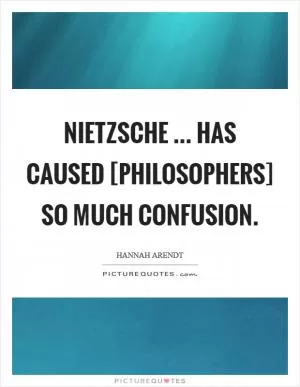
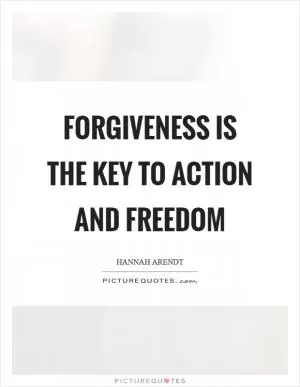
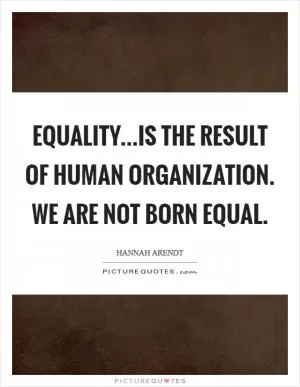
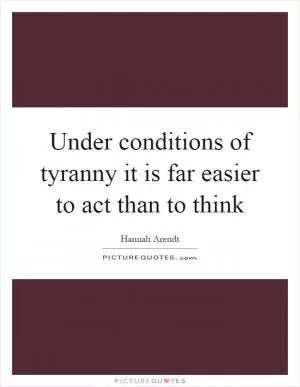
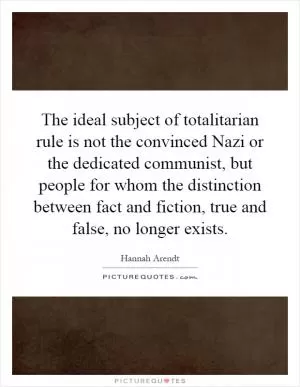
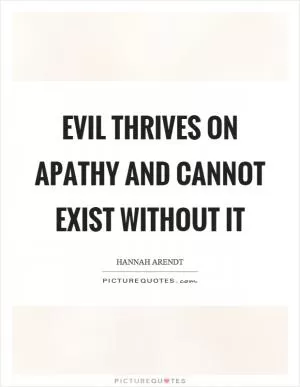
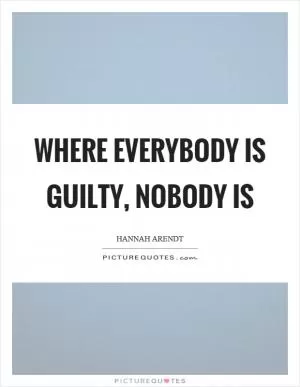
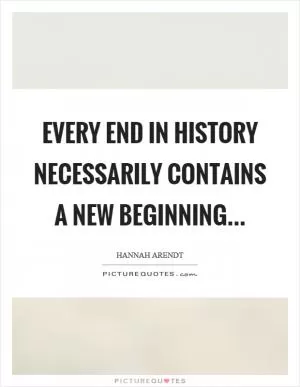
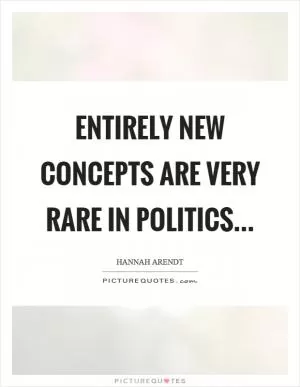
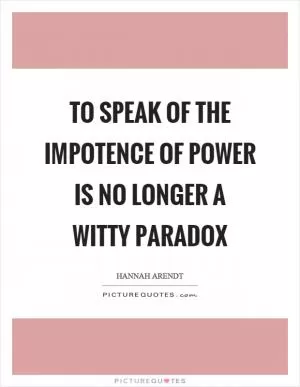
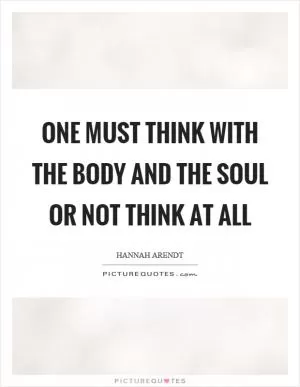

 Friendship Quotes
Friendship Quotes Love Quotes
Love Quotes Life Quotes
Life Quotes Funny Quotes
Funny Quotes Motivational Quotes
Motivational Quotes Inspirational Quotes
Inspirational Quotes